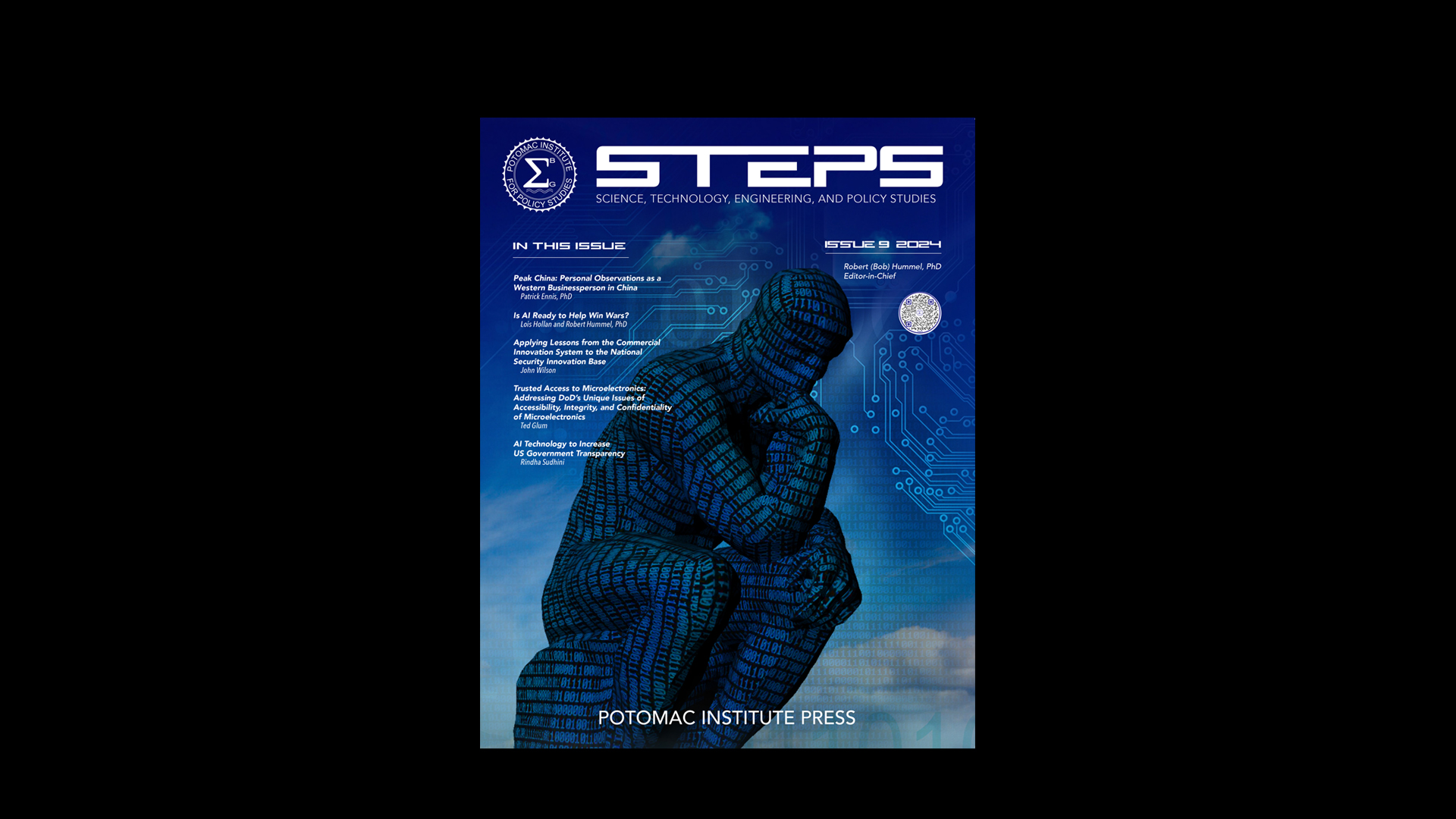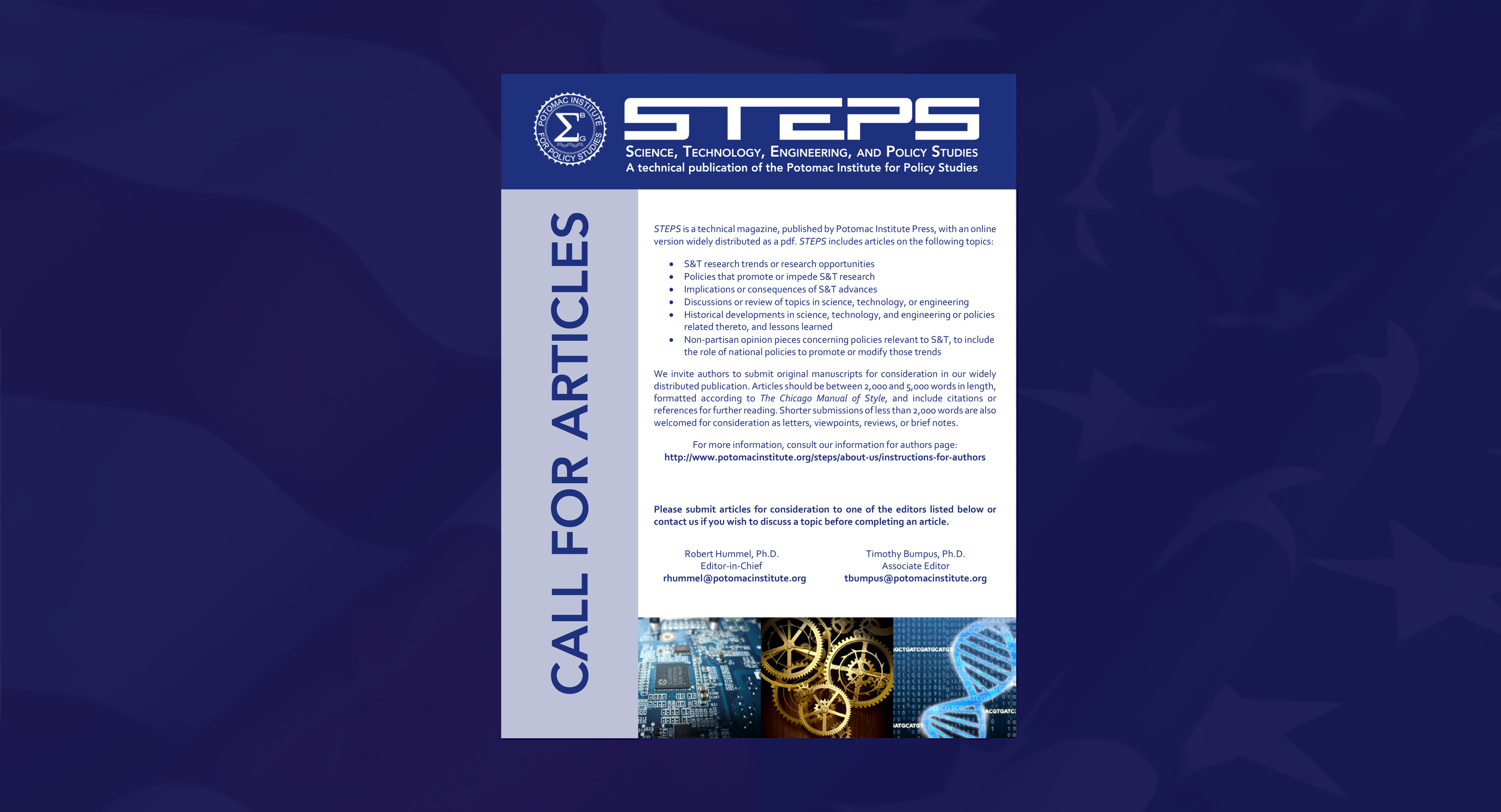Dr. Donahue continues, "Only astute, early detection of SARS allowed the countermeasures that prevented it from becoming a global threat. To quote Senators Bob Graham and Jim Talent: 'We know from the attempted airplane bombing on Christmas Day that al-Qaeda is a determined enemy. We also know -- from the discovery and dismantling of biological weapons labs in Afghanistan -- that they are pursuing biological weapons research.'
If the first decade of the new millennium taught anything, it is that the unthinkable is possible. From 9/11 to anthrax attacks to devastating hurricanes to epic flooding, life-altering events have proven to be waiting in the wings. A common descriptive term related to the outcomes of both the aborted airline bombing and the less-deadly-than-feared influenza pandemic has been luck. Luck, unfortunately, is not a reliable plan. The value of predictive planning is more evident than ever. Serious consideration of how to the support and protect the most valuable asset of your family, business, or community – the human component – will be invaluable when 'what if' becomes 'when.'"

















